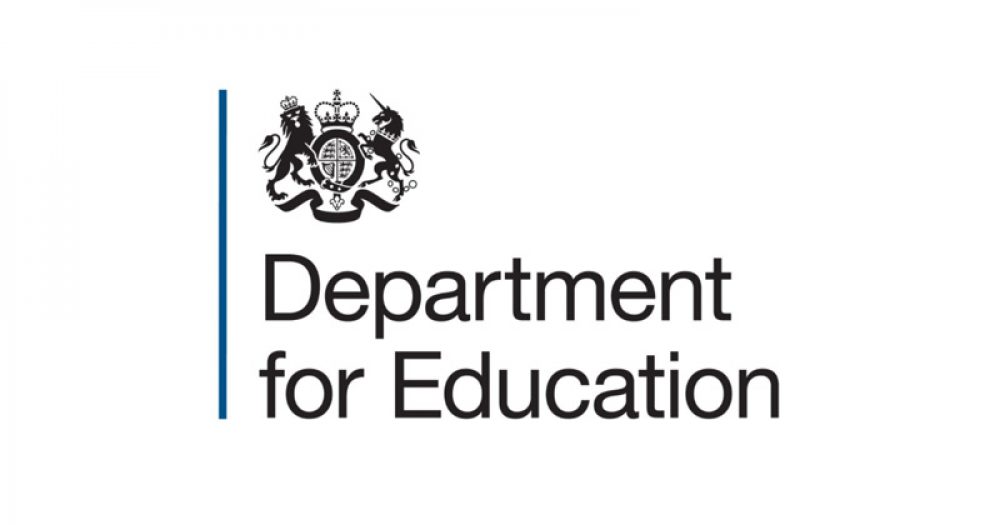Schools will continue to receive extra money to help pupils who fall behind in reading and maths, but criteria for deciding who will receive the cash — and how much — is still unknown.
The Department for Education confirmed the catch-up premium will continue to be paid to secondary schools in 2016-17, but is still deliberating whether it will maintain the current rate of £500 per pupil.
Secondary schools receive the premium to help to support year 7 pupils who fail to reach the government’s “expected standard” — previously a level 4 — in reading and maths by the time they leave primary school.
They can decide how to use the extra money, but government guidance advises them to use it only for programmes they “know are effective”, and gives examples such as individual and small-group tuition, external materials and summer schools.
In 2015-16, £46,590,000 was paid to 3,547 schools for 93,180 pupils.
Grants ranged from £3,000 to tens of thousands, with the largest sum going to Ashington high school sports college in Northumberland, which received £63,000 for 126 eligible pupils.
Education leaders have warned that the number of eligible pupils, and therefore the overall cost of the grants, could rise significantly because of the introduction of new, tougher tests at key stage 2.
They have also expressed concerns about the government’s unwillingness to commit to the scheme after 2016-17 as school funding moves towards a national funding formula.
Russell Hobby (pictured), general secretary of the National Association of Head Teachers, said the state of the funding formula was “uncertain at a number of levels”, with the catch-up premium one area of uncertainty.
“Given the chaos at the end of key stage 2 at the moment the numbers eligible could spiral significantly.”
The introduction of harder tests at both key stages 1 and 2 has been controversial, with prominent politicians unable to answer questions from the key stage 1 spelling and grammar test. The paper was also leaked online, which led to the test’s scrapping.
The government’s new expectations for pupils at key stage 2 will not be set out until the results of this summer’s tests are known. But the doubt over the future of additional funding is likely to compound the concerns of secondary schools that now also have to deal with compulsory re-sits for year 7 pupils who do not do well enough at primary level.
A spokesperson for the government said ministers had confirmed that the scheme would be continued in 2016-17, but said the amount available for each pupil still formed part of ongoing deliberations.
“We are continuing the year 7 catch-up premium for 2016-17 to support pupils who don’t reach the expected standard at key stage 2. We will announce further details in due course.”
The spokesperson said secondary schools had a “fundamental responsibility” to support pupils to catch up if they arrived behind their peers, adding that new national funding formula proposals included a plan to take low prior attainment into account when calculating core budgets.
Ministers were currently considering the responses to a consultation on the formula and would publish their response “in due course”.







Your thoughts